Nonbinary job-seekers are facing “clear bias,” says a new study from Business.com.
The site recently conducted a three-phase study on the issue. It interviewed more than 400 nonbinary Americans and found that over 80 percent of them “believed that identifying as nonbinary would hurt their job search,” the site reports.
Next it sent two “phantom” résumés to 180 job postings, both with a gender-neutral name, but one including “they/them” pronouns. Those with the pronouns received 8 percent less employer interest than those without.
The study did not provide résumés that had pronouns other than "they/them."
Then Business.com followed up with hiring managers and found that they were less likely to wish to contact those who included “they/them” pronouns. Some claimed nonbinary people would bring “drama” to the workplace or that nonbinary pronouns are “an attack on women.”
“As major layoffs sweep through the U.S. workforce, these timely data show that nonbinary individuals may have a more difficult time finding new jobs,” the site notes. “Despite increased awareness of the gender spectrum and the growing popularity of workplace bias training, employers still have more work to do to erase discrimination from their hiring processes and workplaces.”
The study found significant fears of discrimination by nonbinary people. “I am in the nonbinary closet due to professional reasons,” one 34-year-old worker said. “I live in Florida, and coming out as nonbinary could cost me future job opportunities.”
“I have not experienced difficulty working as a nonbinary person in New York City, but I previously lived in South Carolina, where it was more difficult … in South Carolina, I was told I had to stay closeted to succeed,” said one 25-year-old professional.
Respondents in the South tended to report more negative experiences than those in other regions, but some had trouble in more liberal regions as well. “People have complained about ‘the gay agenda’ to me,” a participant from Oregon said. “This is why I am hesitant to openly identify as nonbinary. It jeopardizes my personal safety to be out. I wish it didn’t.”
Forty-one percent of respondents said being nonbinary has had a neutral effect on their careers, perhaps because many have stayed closeted, Business.com reports. But “beyond fears of prejudice during the hiring process, more than half of nonbinary people who have participated in the workforce reported having had negative experiences once hired,” the site states.
Those who were assigned female at birth were more likely to report negative experiences than those assigned male at birth, and those who were people of color or living with disabilities were similarly at higher risk.
In the résumé test, Business.com sent résumés to 180 entry-level jobs. The fictional applicants’ résumés showed the qualifications the jobs required, and they bore a gender-ambiguous name, “Taylor Williams.” The only difference was that some displayed gender-neutral pronouns and others did not.
“We measured interest in each applicant based on whether the applicant received any request for additional information, such as a phone screen, interview request, or skills assessment,” the site reports. “When analyzing the final results, we attributed a different value to each of these follow-up actions to appropriately weigh the level of interest in the candidate.” The conclusion was that résumés with nonbinary pronouns “received less interest from employers and fewer requests for interviews or phone screens,” the study says.
This happened even though 64 percent of the companies billed themselves as equal opportunity employers, pledging not to discriminate on the basis of sex, gender, race, religion, ability, or age. And the U.S. Supreme Court has ruled that job discrimination based on gender identity or sexual orientation is illegal.
The follow-up with hiring managers revealed some deeply biased attitudes. “This person seems like a decent fit on paper, though I am not interested in the drama that a person who thinks they are a ‘they/them’ brings with them,” a 57-year-old man in the agriculture, forestry, fishing, and hunting industry said.
“Take off the pronouns; I would trash the resume for that reason alone,” said a 59-year-old woman in the manufacturing industry.
Even younger people in ostensibly more liberal businesses made some biased comments. “I immediately balk at the supposed ‘gender neutral’ pronoun of ‘they/them.’ It doesn’t make sense when used like this and is, at its root, an attack on women,” said a 32-year-old man in the arts, design, and entertainment industry.
Ryan McGonnagill, director of industry research at Business.com and who authored the study, told The Advocate in an email, "Though it's not surprising that some people still hold onto biases against nonbinary people, it was surprising that these biases existed in some unexpected places. People of all genders, ages, and regions expressed bias and even flat-out bigotry against our nonbinary job applicant. So did hiring managers in many different industries — even those that are often considered more progressive, such as higher education and entertainment."
To combat discrimination, the study suggests that companies evaluate their search policies and practices; use inclusive language in job descriptions and other company documents; provide opportunities for self-identification; and share diversity data and celebrate progress. Employees who aren’t nonbinary can be important allies to those who are, it adds.
“Employers must critically assess their current hiring policies to identify and remove barriers that may exclude minorities,” the study concludes. “This may involve redirecting budgets to hire outside consultants or in-house [diversity, equity, and inclusion] experts. Though creating equitable hiring practices is not an overnight process, it’s a necessary part of ensuring workplaces are inclusive and safe for professionals of all genders.

















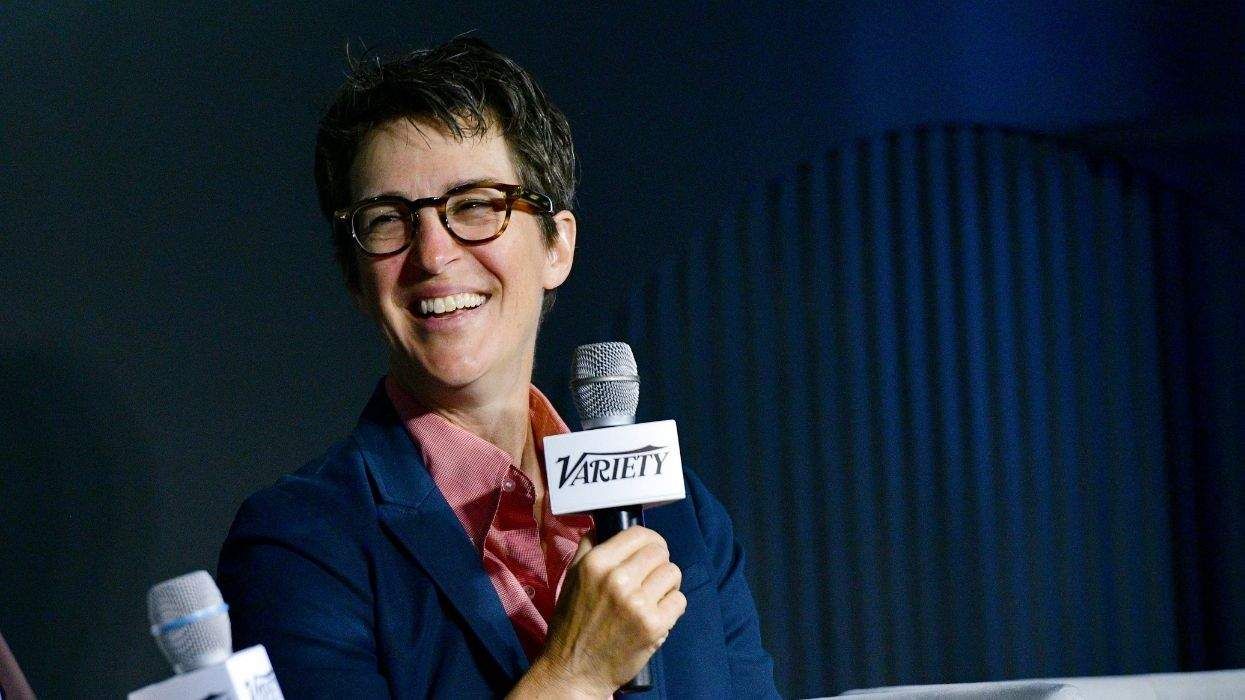


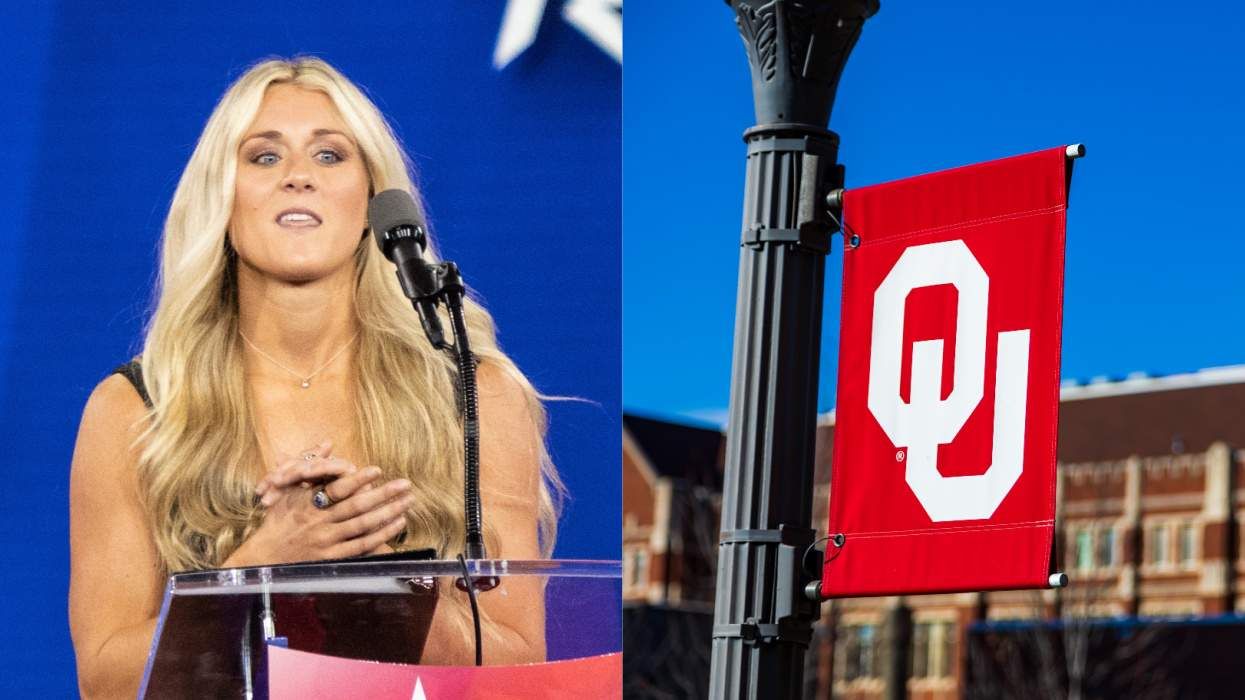
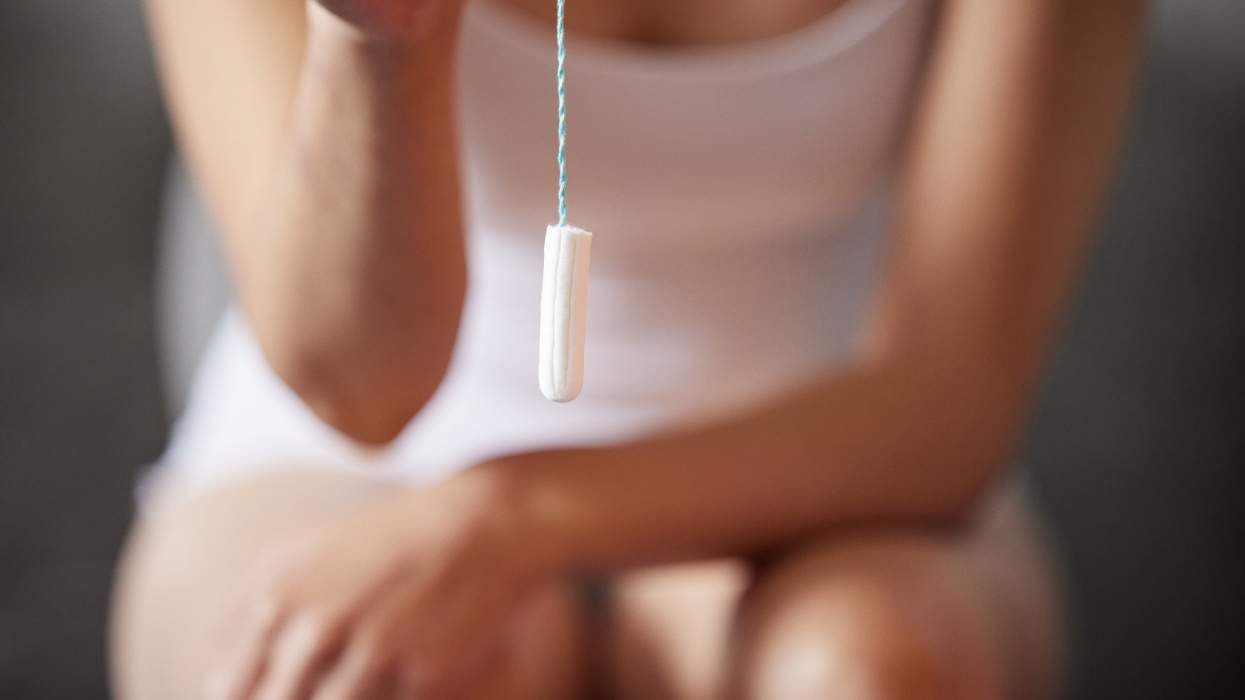

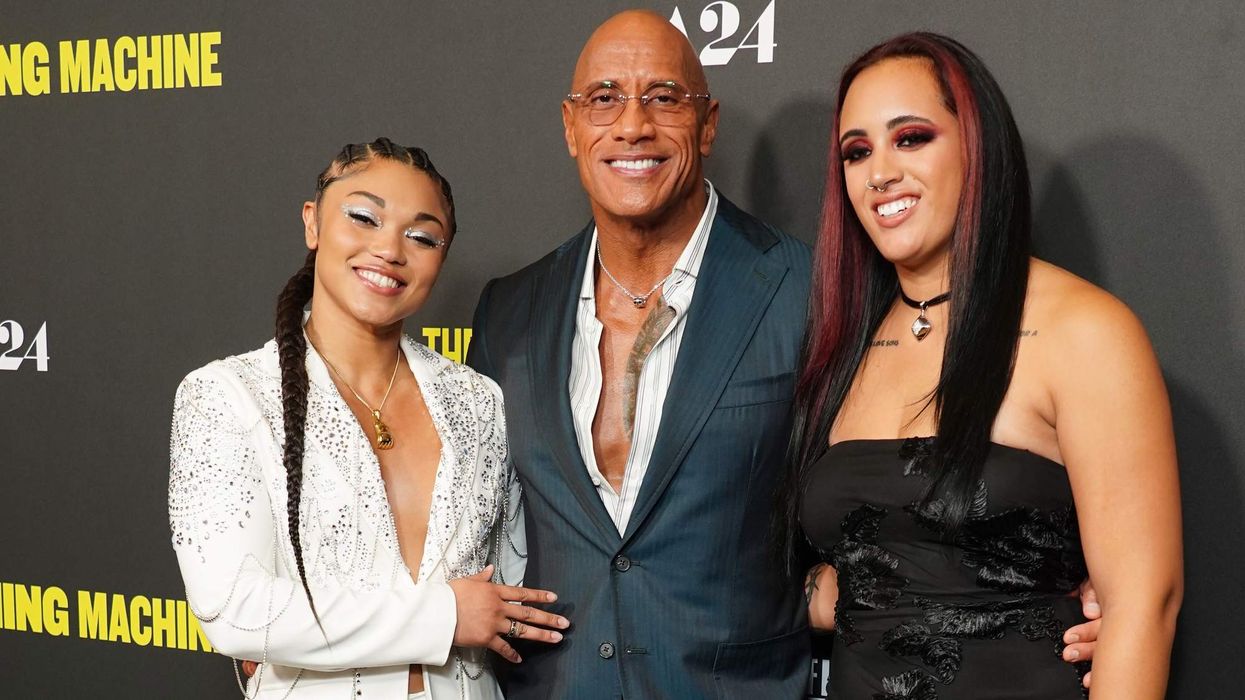
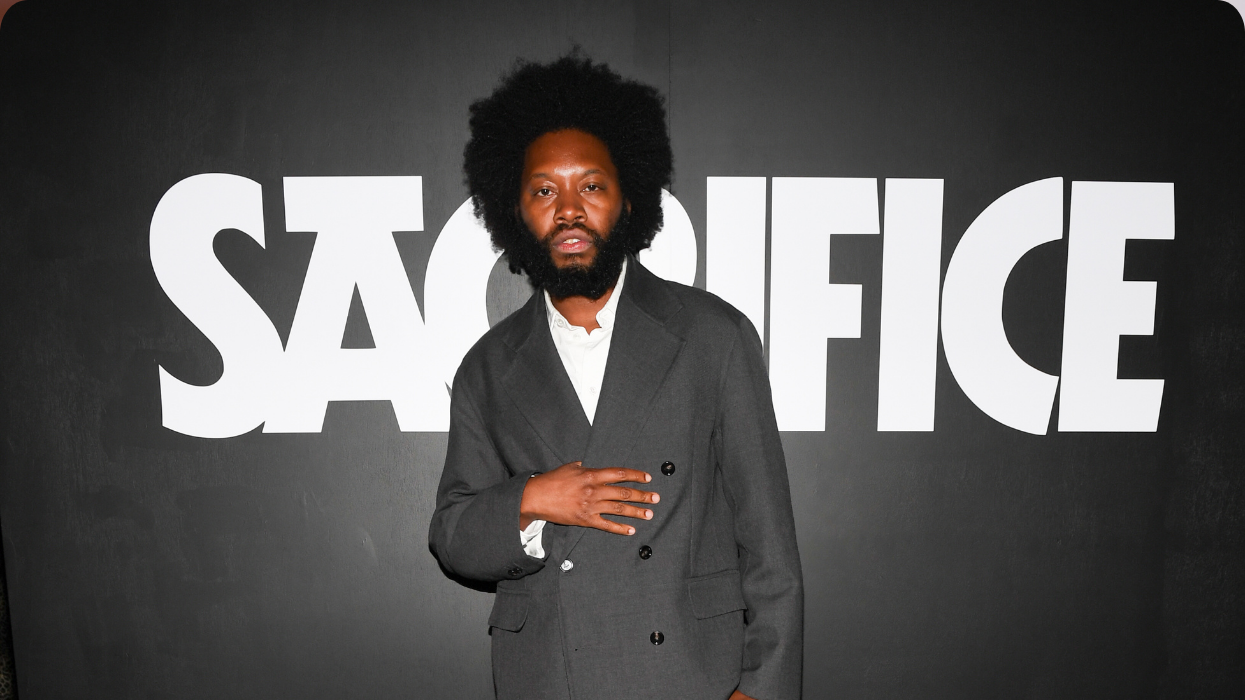
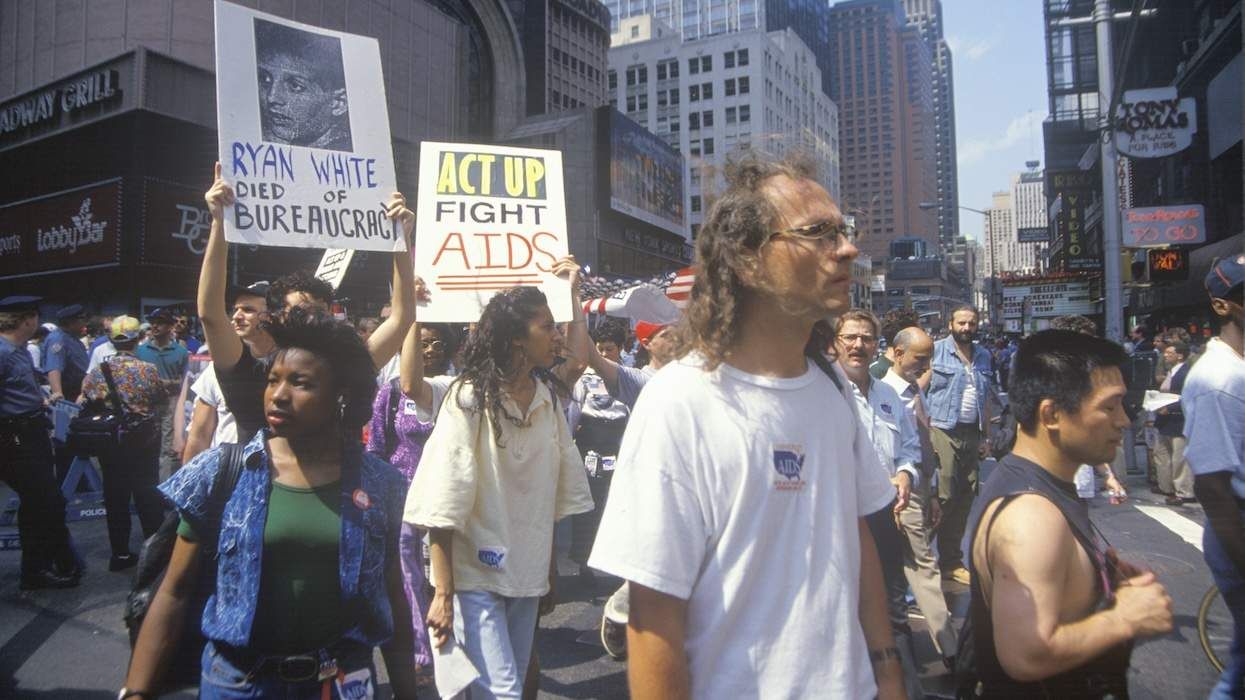



































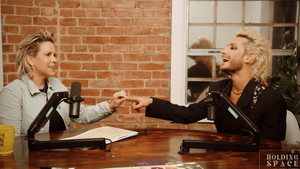



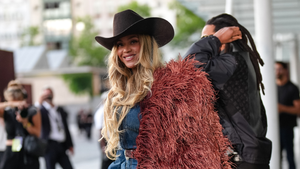


Charlie Kirk DID say stoning gay people was the 'perfect law' — and these other heinous quotes